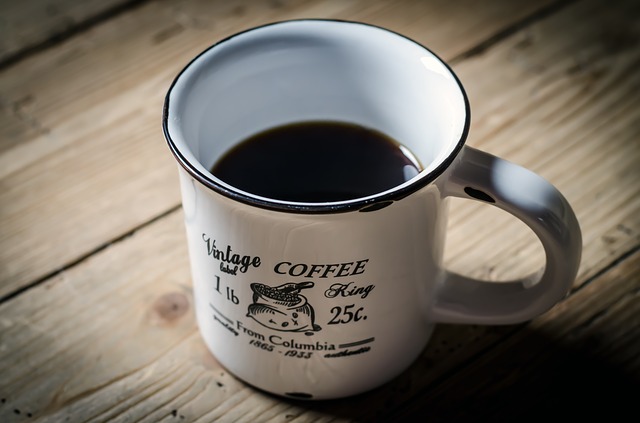As a pharmacist, I recognize some of the challenges associated with trying to help patients with their medications. In this scenario, I try to demonstrate the lithium caffeine drug interaction.
A 29 year old female has recently started on lithium. She has been stabilized on a total daily dose of 1,500 mg per day. She has been doing well with good control of her bipolar disorder. Her level has ranged from 0.7 to 0.8 when checked.
She has however historically drank about 4-6 cups of coffee per day. She is determined to quit her caffeine addiction cold turkey as this is how a friend did it and she was successful.
With the lithium caffeine drug interaction, caffeine ultimately reduces the blood levels of lithium. If caffeine intake increases, this could potentially lead to treatment failure and the patient having a return of bipolar symptoms. In this scenario, the caffeine is being taken away. This would potentially lead to a significantly higher level of lithium.
Hopefully the provider/healthcare team is aware of this, but often patients will make lifestyle changes and not think about the potential impact on medications. Close patient monitoring for signs and symptoms of lithium toxicity would be appropriate here as well as potentially checking a level when the caffeine intake has changed.
Enjoy the blog? Subscribe to follow the blog and get a free gift as well!!



Silly question perhaps… but how would caffeine reduce blood levels of lithium? I’m not aware of a CYP interaction. Also, I’ve read several articles that demonstrate that caffeine is much of a diuretic, despite the common claims that it is.
Oops… should of said that caffeine is NOT much of a diuretc
How quickly does the lithium level respond to reduced caffeine? What is the recommended “taper schedule” for these patients?